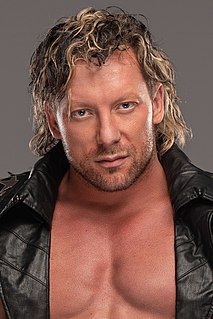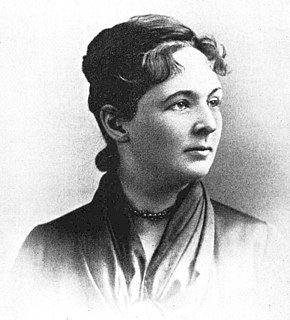A Quote by Cormac McCarthy
It was always himself that the coward abandoned first. After this all other betrayals came easily.
Related Quotes
Man can will nothing unless he has first understood that he must count on no one but himself; that he is alone, abandoned on earth in the midst of his infinite responsibilities, without help, with no other aim than the one he sets himself, with no other destiny than the one he forges for himself on this earth.
As a teenager in Brooklyn Quentin had often imagined himself engaged in martial heroics, but after this he knew, as a cold immutable fact, that he would do anything necessary, sacrificing whatever or whomever he had to, to avoid risking exposure to physical violence. Shame never came into it. He embraced his new identity as a coward. He would run in the other direction. He would lie down and cry and put his arms over his head or play dead. It didn't matter what he had to do, he would do it and be glad.
I believe there is no other difference between those who are called courageous and those who are branded craven than that the second are fearful before the danger and the first after it. No one can be much frightened, certainly, during a period of great and immanent peril -- the mind is too much concentrated on the thing itself, and on the actions necessary to meet or avoid it. The coward is a coward, then, because he has brought his fear with him; persons we think cowardly will sometimes amaze us by their bravery, if they have had no forewarning of their danger.
When folk have set before them a true purpose and then pursue it unmoved with bravery and courage, when they withstand with a strong heart every trial which Heaven sends upon them, then one day at the last Almighty Providence will yet grant them the fruits of their struggle and of their sacrifices. For God has never abandoned any man upon this earth unless he has first abandoned himself.
If I did not see that the Lord kept watch over the ship, I should long since have abandoned the helm. But I see Him! - through the storm, strengthening the tackling, handling the yards, spreading the sails - yes more, commanding the very winds! Should I not be a coward if I abandoned my post? Let Him govern, let Him carry us forward, let Him hasten or delay; we will fear nothing!




































